Scientists Say
A weekly word defined, in a sentence and in context.
-
 Physics
PhysicsScientists Say: Momentum
This word describes a property of a moving object based on its mass and the direction and speed of its motion.
-
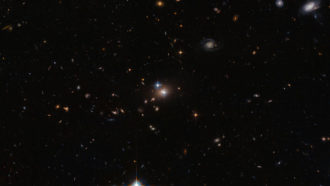 Space
SpaceScientists Say: Quasar
This word describes the bright-shining core of a galaxy in which a supermassive black hole sucks in matter and releases a huge amount of energy.
-
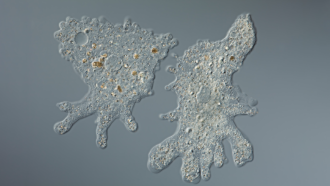 Microbes
MicrobesScientists Say: Amoeba
Amoebas are single-celled microbes that move and eat with shape-shifting bulges that extend from their cells. Some are blobs. Others build a shell.
-
 Earth
EarthScientists Say: Jurassic
During this time from about 200 million to 145 million years ago, dinosaurs reigned and many animals evolved, including birds and some early mammals.
-
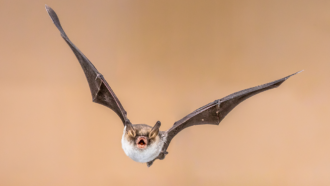 Animals
AnimalsScientists Say: Echolocation
This word describes a method that some animals use to sense their environments by making sounds and listening for their echoes.
-
 Earth
EarthScientists Say: Ring of Fire
This horseshoe-shaped path on the fringes of the Pacific Ocean holds most of the world’s active volcanos and earthquake sites.
-
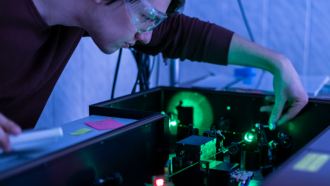 Physics
PhysicsScientists Say: Photon
This word describes light as a particle. A photon is the tiniest possible bit of electromagnetic radiation.
-
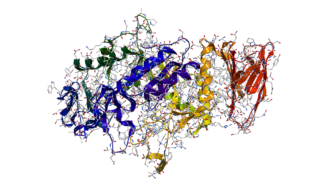 Life
LifeScientists Say: Enzyme
This word describes a molecule that speeds up chemical reactions in living things. Enzymes work by lowering the energy needed for a reaction to occur.
-
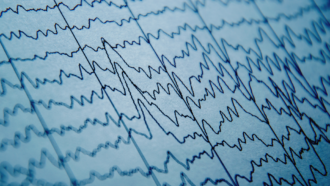 Brain
BrainScientists Say: Brainwaves
These patterns of electrical activity in the brain look like spikes or waves.
-
 Earth
EarthScientists Say: Meteorology
This word describes the study of processes in the Earth’s atmosphere, including the weather.
-
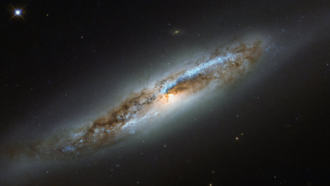 Space
SpaceScientists Say: Light-year
This is the distance light travels in one year — about 9.48 trillion kilometers. Light-years are used to measure vast distances, like those in space.
-
 Life
LifeScientists Say: Fermentation
Fermentation breaks down carbohydrates, such as sugars, producing energy and making gases, acids or alcohol. This process can help make foods and fuels.